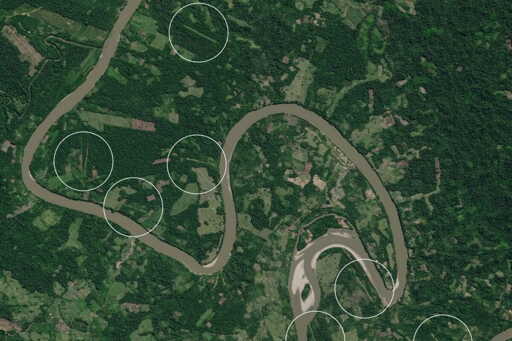Brazil and the Andean Republics all have constitutional provisions establishing special protocols for the prosecution of elected officials. These supposedly were conceived to ensure public servants are held accountable for misdeeds, while protecting them from frivolous or politically motivated prosecution. This special status, however, has created a two-tiered justice system that protects politicians from the consequences of their malfeasance, because their trials are usually delayed until charges are dismissed on technicalities, because of the statute of limitations, or because they have been acquitted by magistrates corrupted by the political process. The most notorious is Brazil’s ‘Foro Privilegiado’, which stipulates that only the Tribunal Supremo Federal (TSF) has the authority to preside over a criminal trial for the president, vice president, members of Congress and other high-level appointed officials, while governors, judges and other elected officials enjoy similar, if less conspicuous, forms of legal shelter. These constitutional provisions apply to more than 22,000 authorities, a staggering number that separates their potential prosecution from the criminal justice system that applies to everybody else. The judicial authorities that played major roles in the Lava Jato bribery scandal. Top (left to right): Sergio Moro (Juiz de 13ª Vara Criminal Federal de Curitiba), who presided over the investigation and trials of leading businessmen; Deltan Dallagnol (Procurador da República), who led the Operação Lava Jato investigation and the team that prosecuted most of the private citizens; and Rodrigo Janot (Procurador-General da República), who initiated legal action targeting elected officials and cabinet ministers protected by Foro Privilegiado.…This article was originally published on Mongabay
From Conservation news via this RSS feed


